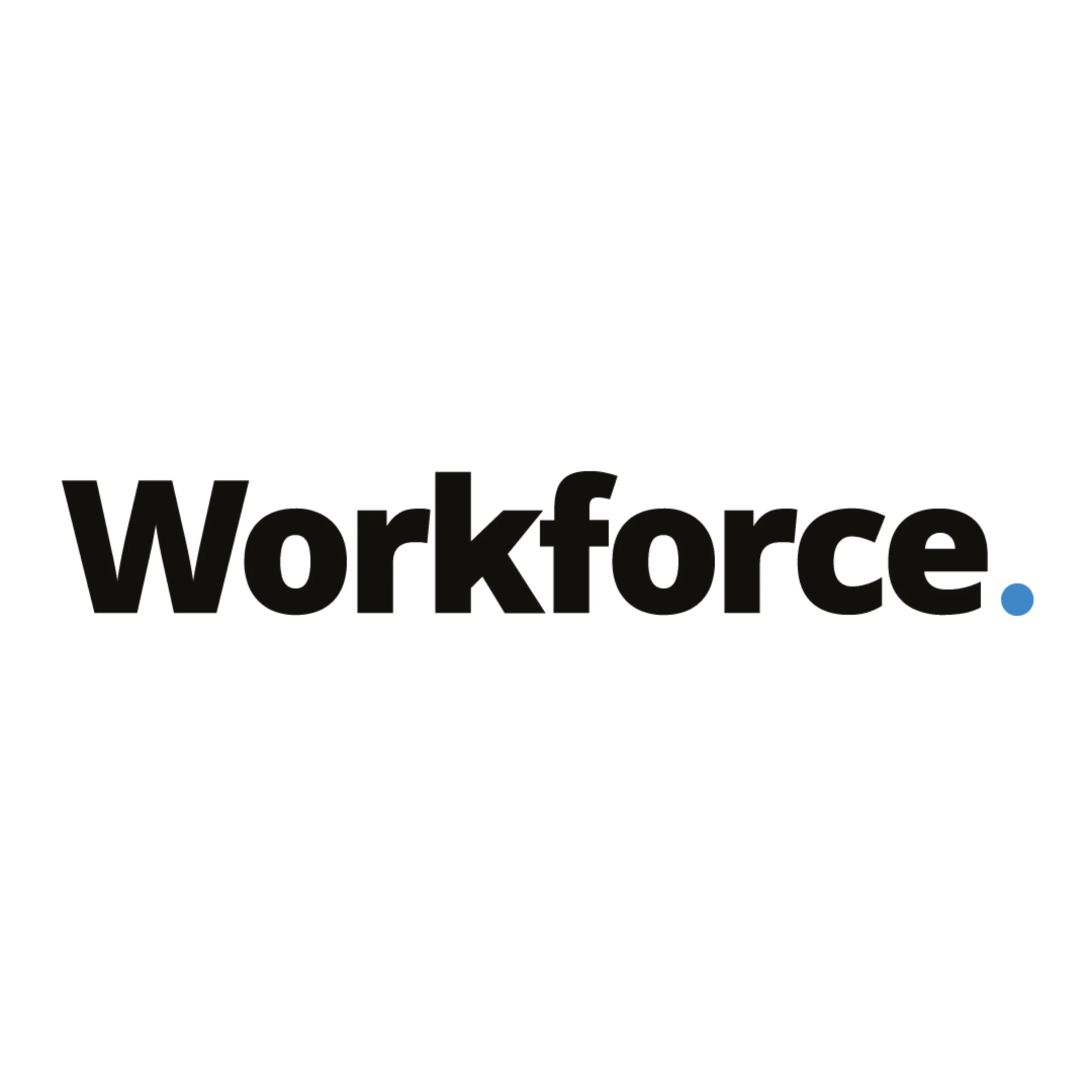As a business leader, your mandate is clear: Find talented people to contribute to your organisation’s culture, generate great work, and stay with your organisation for the long term.
Though the recruitment mandate is straightforward, it is all too easy to get it wrong. And as we know, the actual cost of a bad hire, let alone multiple bad hires, could be devastating to a business. One bad hire, given enough power, can take a successful organisation and ruin it. You only need to read up on five of the worst hires of the 21st Century to understand why a vigorous vetting process is crucial to the well-being of any organisation.
Given this, the best thing hiring managers can do is to put in the time and effort to make sure they have the best available pool of applicants for every job opening.
Are good resumes sufficient proof for effective hiring?
In our experience, some of the worst hires had the best resumes. This is because people will often embellish their skills, leave out critical information, or lie. Consequently, it’s not enough to take a resume at face value, nor is it good enough to rely on an interview. Experience has repeatedly proven that one of the best ways to ensure you’re hiring the right people is to present them with assessments beforehand. This is true for all categories of employees, whether entry-level clerks or C-level management.
The question then is, what assessments are most important?
As powerful as pre-screening assessments are, if the right assessments are not selected, they can drive away talented applicants. Therefore, it’s essential to critically analyse and narrow down the assessments your organisation uses to avoid turning away the best people for the job.
This guide has identified eight of the most crucial assessments required to make good hiring decisions. This is not to say that the eight tests identified here must be issued for every role. Though all the tests are crucial, the assessments needed for each role must be well suited for the demands of the role. For instance, the test given to a mid-level finance officer will be pretty different from the tests you give a potential c-suite HRO or an entry-level customer service officer.
The peculiarity of the role and the business must always be the deciding factor on what gets assessed.
Pre-Employment Assessments Required for Effective Hiring
1. Cognitive Aptitude Assessments (CAA)
Why is a cognitive aptitude assessment necessary for effective hiring? Answering this question effectively requires that we define cognitive aptitude (CA).
CA refers to an individual’s ability to understand information, grasp things quickly and apply new ideas to solve problems. Cognitive aptitude encompasses various intellectual skills rolled together. These mental competencies include attention, memory, visual, perception, spatial processing, and other critical brainpower functions like problem-solving, mental flexibility, and decision making.
Therefore, in answer to the opening question, cognitive aptitude tests are vital for the recruitment process because they help hiring managers measure the intelligence quotient of applicants and give substantial insight into how well an individual can handle the day-to-day demands of the job. Cognitive aptitude assessments test an individual’s ability to think critically, solve problems, think outside the box, and apply new information.
Research by the Criteria Corp has shown that cognitive aptitude tests are far better at predicting job performance than other standard hiring criteria. “Specifically, aptitude tests are twice as predictive as job interviews, three times as predictive as experience, and four times as predictive as education level.”
The downside to these tests is that they tend to ask the same sorts of questions repeatedly. So, they’re relatively easy to memorise. Sometimes, one candidate would have taken a similar test multiple times across different applications for different companies. But, irrespective of this, CA tests are vital because they help hiring managers to determine whether an applicant has the mental capacity to handle the complexities that are sure to arise in the course of the job.
2. Personality Assessments (PA)

Research also shows that when combined with other types of assessments, such as cognitive ability, motivation and structured interviews, the personality assessment provides powerful insights to improve the selection process. When properly designed, pre-employment personality assessments can provide information on applicants’ behavioural styles and how it is likely to impact their performance at work.
Many factors can be assessed, such as conscientiousness— which is a consistent predictor of job performance— passion for learning, ambition, initiative, empathy, communication skills, critical thinking skills, honesty, motivation, curiosity, etc.
Personality tests are also primarily used to screen for candidates whose personalities align with the workplace culture. The assessments generally measure personalities in line with the Big Five-factor model:
- Agreeableness
- Conscientiousness
- Extraversion
- Emotional Stability
- Openness
The reports resulting from workplace personality assessments can benefit organisations in several ways and assist with:
- Recruiting high calibre professionals
- Identifying the best-fit candidates for a role
- Identifying future leaders
- Building and developing effective teams
If you’d like to select a suitable personality assessment for your organisation, visit our website to choose from our suite of assessments.
3. Emotional Intelligence Assessments (EQ)
Although pre-employment emotional intelligence assessment is a relatively new hiring tool, it is rapidly growing in popularity because strong emotional intelligence has been linked with good leadership and strong management skills. In addition, emotional intelligence (otherwise known as emotional quotient or EQ) has been associated with essential work outcomes such as quality decision-making, interpersonal effectiveness, collaboration, teamwork and self-drive.
Since EQ refers to one’s ability to recognise and manage their own emotions and the emotions of others, emotionally intelligent people are:
- Self-aware
- Empathetic towards others
- Not quick to react
- Likely to help others
- Curious
- Flexible/adaptable
Pre-employment emotional intelligence tests, therefore, helps employers identify which candidates have better relationship management skills and who can be aware of and in control of their emotions.
Emotional intelligence assessments are vital for roles that require a lot of leadership and interpersonal relationships, such as middle and upper management roles, customer-facing management, and high-value teamwork.
4. Skills Assessments
A skills assessment evaluates an individual’s ability to perform a specific skill or set of skills. Usually, it’s an evaluation of skills specific to a job or role. Skills assessments tend to focus on “hard” skills rather than “soft” skills. Ideally, the assessment captures the level of proficiency for the skill, so you know which participants are new to the skill and which have mastered it.
Skills assessments may be conducted in person and online and may take the form of a simulation, test, questionnaire, or observation. For example, the ability to “write effectively” can be tested by having the applicant write on selected topics without research materials. This way, you’d be able to judge the full capabilities of the individual, including their ability to use the rules of grammar correctly, think clearly and arrange ideas logically.
Skills assessment tests must be well-designed and aligned to the needs of the organisation to be effective. Often, many companies cannot maximise their skills assessments because they neglect to custom-tailor the test for the specific role within their unique organisation. As a result, job candidates may then be tested on skills that are irrelevant to the job.
5. Communication Assessments (CA)
Communication assessment is a comprehensive analysis of an individual’s ability to communicate effectively. It includes various language comprehension exercises to gauge the candidate’s proficiency in written and oral mediums.
A well-created CA measures all the crucial parameters of communication skills, both verbal and non-verbal. In addition, they can also test a candidate’s proficiency in a particular language. Generally speaking, the objective of a CA is to evaluate an applicant’s ability to read and understand information. It tests their speed of processing information and their ability to understand complex material.
Assessment of communication is primarily based on direct observation, and they help evaluate writing skills, grammar, pronunciation, speech, and more. Regardless of industry or organisation, practical communication skills are crucial for success. Therefore, communication assessments are critical when hiring for positions involving regular interactions with customers, coworkers, or people at large.
6. Leadership Assessment
Leadership Assessment is a proven, structured, comprehensive, objective, and tailor-made evaluation methodology to assess the leadership competencies of top and middle-level managers. When designed and deployed effectively, a leadership assessment enables hiring managers to identify an individual’s unique characteristics, specifically as it relates to the way they lead, direct, and manage others and how such qualities fit into their organisation. In addition, leadership assessments are highly context-sensitive because just as no two leaders are the same, no two positions have the exact requirements.
Leadership Assessments have the following applications:
- Selection, Placement, and Promotion Decisions – Objectively assess the candidate’s leadership capabilities than the position’s requirements.
- Development – Enhance development by increasing the ability to utilise employee capacities fully.
- Succession Planning – Identify leaders early and create a continuous flow of influential leaders within the organisation.
- Organisation Effectiveness – Assessment provides an objective means of researching and identifying the precise capabilities that drive organisational success.
7. Personal Integrity Assessments

A pre-employment “integrity test” is a specialised form of personality test intended to predict counterproductive work behaviour (e.g., on-the-job theft, violence, illicit drug abuse and sabotage) and assess an applicant’s tendency, to be honest, dependable, and trustworthy.
Though they are most often used in entry- and mid-level roles, they can also be used for vital roles within an organisation where an unethical individual has the potential to do a lot of damage.
These tests are tricky to create because they usually have explicit yes/no situations. However, when created with the input of experienced psychologists, modern integrity tests have carefully-designed questions that test overall ethics through masking. Some sample questions are:
- Do you have the same fundamental values inside and outside of the workplace?
- How would you act if a manager or a coworker gave you a task that violates company policy?
- Have you lied to your manager in a previous role?” (Indeed)
8. Physical Ability Assessments
Physical abilities testing is a process used to evaluate an employee’s fitness to perform specific job-related tasks. It is used to assess whether or not a specific employee possesses the strength, stamina, and flexibility to meet the manual needs of a job.
Though physical ability tests are some of the least-used tests, they are vital when necessary. They are indispensable for specific roles where physical activity is expected, such as construction, trucking, warehouse workers, police officers, and other “low-skilled” manual labour jobs. These jobs often have physical requirements as part of their duties.
Physical ability tests include a range of different assessments, including:
- Balance tests.
- Flexibility tests.
- Endurance tests.
- Strength tests.
Which Assessments Are Right for Your Company?
Just as every organisation is unique, so also will be their specific set of pre-employment assessment tests for specific roles. The kind of assessment your company will use for your hiring process will depend heavily on the roles you’re hiring to fill. Different roles and levels will benefit from various assessments.
It is essential to recognise that in assessing for certain roles, deploying a single assessment will not provide the depth of insight that managers will need to make the right hiring decision. For instance, when faced with the decision to hire a CEO, if the hiring team only deploys a leadership assessment, they will grossly miss the mark. In this case, a careful analysis of what the company needs from that leader will determine the combination of assessments that must be deployed to ensure that they find the most suitable CEO for their business.
For consultations on which assessments best suit your organisation, don’t hesitate to contact us at hello@workforcegroup.com. If you have any questions for us, please share your thoughts in the comments section below – we’d love to hear your thoughts.

Nneka Eneli
Director, Workforce Outsourcing
